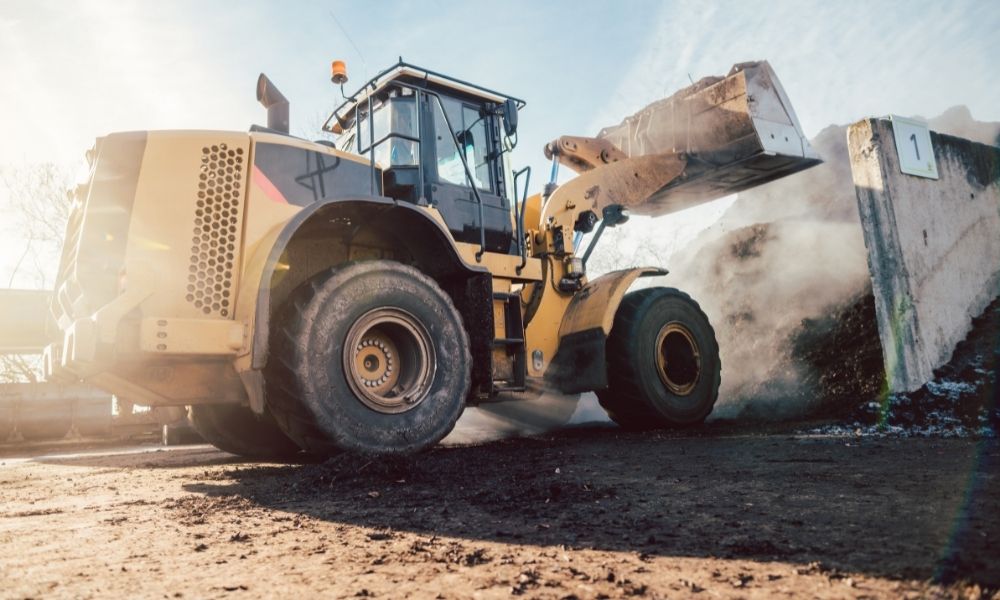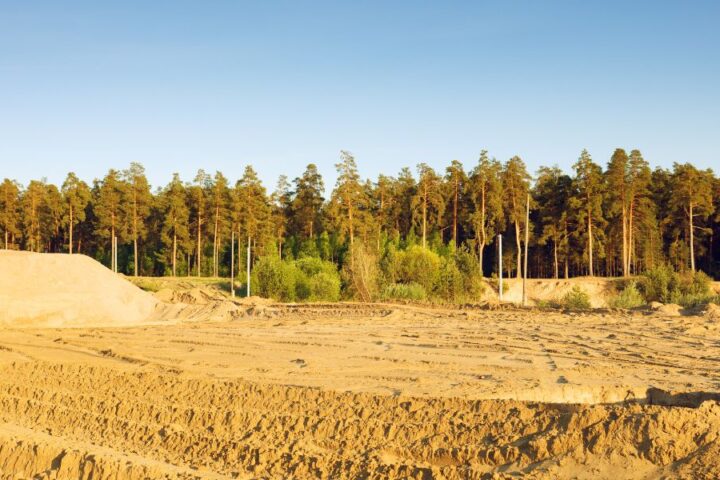Many aspects of modern society originated less than one hundred years ago and are the primary cause of changes in the environment and atmosphere. While they alone are the reason for a decline in a balanced mix of gases in the ozone, people often count manufacturing and commercial farming as other major contributors.
It doesn’t have to be that way and, realistically, will not be in the near future. Already, we excitedly watch as sustainable farming becomes increasingly common. One such exciting transformation is the impact of commercial composting on climate change.
How Decomposition Impacts the Atmosphere
The life and death cycle of organic bodies plays a crucial role in recycling elements and refueling new life. Namely, the hard work of detritivores, plants, and fungi ensures that materials break down rapidly, producing valuable gases through aerobic decomposition.
Essential when plant matter and other matter are broken down through the activities of living organisms, aerobic decomposition supports the natural processes of the planet. It helps refuel the air with oxygen and other key ozone gases.
Why Landfills Don’t Compost
The impacts of commercial composting on climate change are most apparent when we observe the lifecycle of a landfill. Although food materials are made of the same organic materials found in composts, they don’t break down in the same way. A landfill is simply a hole into which people throw all material. They don’t consider moisture content or whether the material even can break down.
People throw organic materials in all manner of decomposition states into landfills, along with plastics, glass, and other synthetic materials. Afterward, workers plow over the mix, sealing it into a damp hole without oxygen, never to be disturbed again. The result is anaerobic decomposition, which causes a high output of methane gases that disrupt our atmosphere.
Offsetting Gases With Composting
Composting is, in short, a manageable technique that humans can use to reduce all organic material into valuable and healthy earth. As with natural decomposition, composting doesn’t expel nearly the same methane levels as landfills.
Farmers interested in beginning a composting operation can find local workshops and seminars to jumpstart their understanding of the practice. For farmers, this material is a fantastic way to offset the need for chemical fertilizers as well as turn a profit on any surplus. Composting is beneficial to our planet and farmers around the world.













